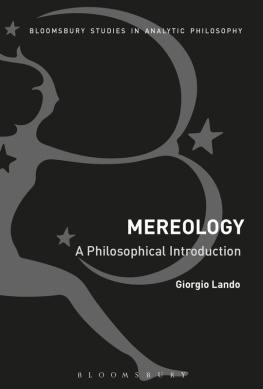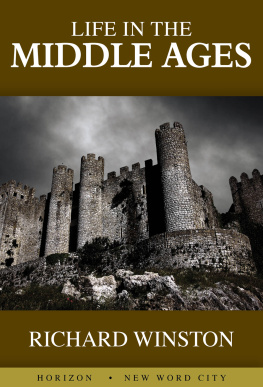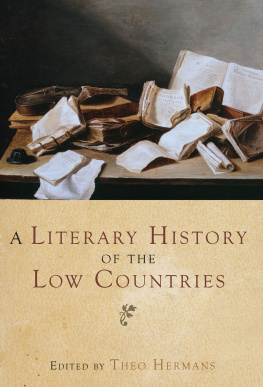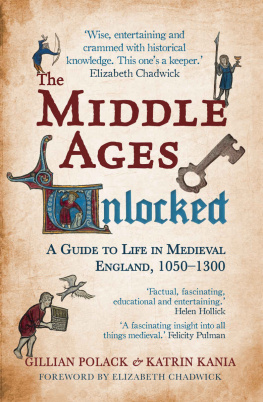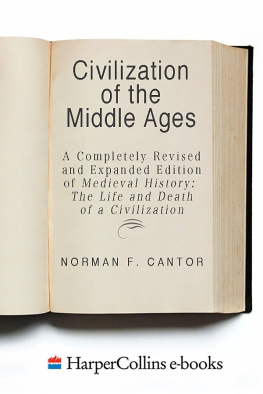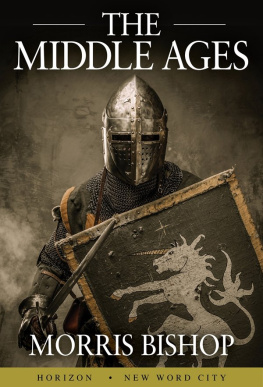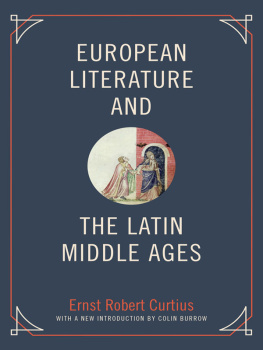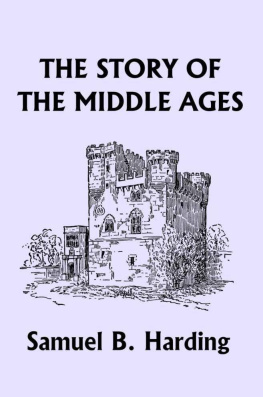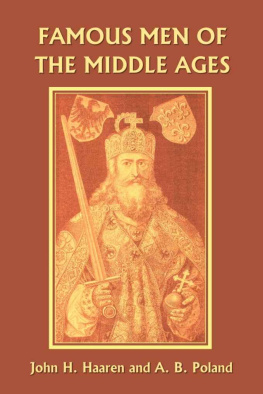Mereology
Also available from Bloomsbury
The Bloomsbury Companion to Metaphysics, edited by Neil A. Manson and Robert W. Barnard
A Critical Introduction to Properties, Sophie R. Allen
Metaphysics, Jonathan Tallant
Ontology and Metaontology: A Contemporary Guide, Francesco Berto and Matteo Plebani
Mereology
A Philosophical Introduction
Giorgio Lando
Bloomsbury Academic
An imprint of Bloomsbury Publishing Plc

I have presented early versions of some chapters of this book at various conferences and workshops in Geneva, Zagreb, Exeter, Madrid, and Milan. I would like to thank all the people who organized and/or attended these events, and in particular Aaron Cotnoir, Alessandro Giordani, Arianna Betti, Ciro De Florio, Claudio Calosi, Daniel Korman, Giuliano Torrengo, Kevin Mulligan, Kit Fine, Massimiliano Carrara, and Peter Simons. A draft of the book has also been used as a reference text for two graduate seminars on mereology at the Scuola Normale Superiore in Pisa (Italy) in 2015 and 2016. I would like to thank the entire audience of these seminars for their patience, and in particular Andrea Strollo, Lorenzo Azzano, and Martina Botti for raising insightful questions, and for shaking their heads to express disagreement. I would also like to thank Massimo Mugnai for organizing lots of interesting and motivating seminars and research events at the Scuola Normale Superiore in those same years, and for making me aware that Leibniz's mereology is so interesting and stunningly similar to the doctrine which is analyzed and defended in this book. Andrea Borghini, Martina Botti, and Massimiliano Carrara have shared with me some very significant aspects of my research work over the last years, and I would like to offer them a particularly warm thanks. Claudio Calosi, Massimiliano Carrara, Giulia Felappi, Simone Gozzano, and Andrea Strollo have read and commented the entire manuscript, and contributed to amending a lot of mistakes. Fabio Carestiato did not read the manuscript but encouraged me to write it. Sergio Knipe has been a sensible and meticulous proofreader. Carmel Isaac and all the staff at Integra Software Services Pvt. Ltd. have followed the entire production process of the book with remarkable care.
Finally, Diego Romei has proven a constant source of inspiration, warmth, and love during these years, and the book is dedicated to him.
My hands are parts of my body, countries are parts of continents, words can be seen as parts of sentences. Another relation is strictly connected to parthood: the relation that connects many things to a single thing that includes whatever is in the many things and nothing extraneous to them; this many-one relation can be dubbed composition. Four legs and a top compose the table in front of me, the Netherlands, Belgium, and Luxembourg compose Benelux. Mereology is about these relations: parthood and composition.
The purpose of this book is to present, motivate, and defend a peculiar philosophical thesis about parthood and composition. This thesis has been influentialor even dominantfor much of the twentieth century, and has been endorsed by pivotal figures such as Goodman, Quine, and Lewis. However, no entire book has ever been devoted to its defense, and the thesis is nowadays rejected by many scholars.
The thesis is that there is a single, general, exhaustive theory of parthood and composition. This theory, usually called Classical Extensional Mereology, can be easily summed up. It claims that:
(a) parthood is transitive (if a first thing is part of a second thing, and this second thing is part of a third thing, then the first thing is part of the third as well);
(b) given some things, there is at most one thing composed by them;
(c) given some things, no matter how heterogeneous and disparate they are, there is at least one thing composed by them.
The adoption of the thesis that there is a unique, general, and exhaustive theory of parthood and composition is strictly connected to a rather narrow understanding of the explanatory scope of mereology as a philosophical discipline. This narrow understanding will be adopted in this book, but is not always adopted when parthood and composition are discussed in philosophy. In some cases, the interest in the relations of parthood and composition is deeply entangled with problems that, according to the narrow understanding of mereology as a discipline which I am going to adopt, belong to other areas of metaphysics.
Consider, as a first example, the essential/accidental distinction. Is there a difference between a functional and pivotal part of my body, such as my brain or heart, and more peripheral parts, such as the nail on the last toe of my right foot? Are some parts of a whole such that their annihilation would annihilate the whole too? Another example: the supervenience or emergence of the properties of complex entities over the properties and relation of their parts. Do the properties and interrelation of the molecules composing my body determine the properties of my body?
According to the narrow understanding of mereology as a discipline I am going to adopt, essentiality, dependence, and supervenience lie beyond the explanatory scope of mereology. Mereology is only about the formal features of the relation of parthood, and about identity and existence conditions for wholes.
At a first glance, this restriction of the explanatory scope of mereology might seem unmotivated. Why should mereology be only about the formal features of parthood, and about existence and identity conditions for wholes? Is mereology not simply the theory of parthood, as the etymology of the word mereology (from the Greek mros, part) reveals? Then, why should the explanatory scope of mereology be narrowed down to such a degree? After all, the essential/accidental and dependent/independent divides can be applied to parts and wholes, and the philosophical debates about supervenience and emergence in many cases concern the macroscopic level of wholes on the one hand, and the level of their basic pieces or parts on the other.
This line of thought is not very compelling in itself. The mere fact that parts are pervasive does not prove that mereology should be integrated with any metaphysical theory. Consider the analogous cases of identity and existence. At least according to some influential philosophical stances, everything exists and is self-identical, so that there is a trivial sense in which existence and identity are related to any other philosophical topic. Obviously, whatever exists and whatever is self-identical instantiates properties, which can be accidental or essential; and the existence of some things can be thought to depend on the existence of other things. But this is not a good reason to embroil the theory of existence and the theory of identity with so many otherplausibly related, but still distinctmetaphysical problems.
In order to show that mereology should deal with essentialism, supervenience etc., it would be necessary to show that there is a substantial connection between what concerns parthood and composition and these other topics: that it is not possible to study parthood and composition in general, by themselves, without setting them in relation to other areas of metaphysics.
One purpose of this book is to show that this is not the case; that the philosophical thesis I wish to analyze and defend is right in restricting its attention to the formal features of parthood, and to identity and existence conditions for wholes. This does not mean that these are the only questions worth studying; but that the restriction applied isolates a legitimate, interesting and reasonably self-constrained philosophical topic.
Next page
